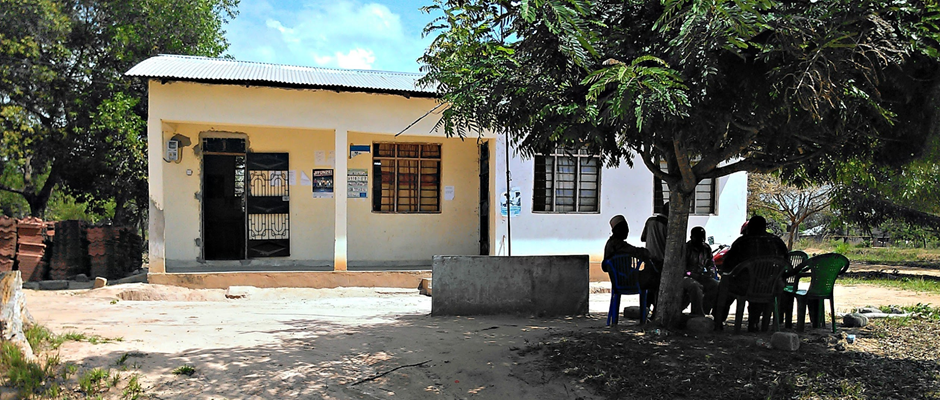
The ability of sub national governments to “better spend”, by identifying relevant paths for territorial competitiveness and effective delivery of public services, is largely enshrined in their institutional background. Rather than isolated actors, sub national authorities and central governments are “mutually dependent”. In this context, and for a majority of OECD member and non-member countries, the key underlying question is not whether to “decentralise or not” or even opt for a specific decentralisation model, but to look at ways to improve capacity and co-ordination among public stakeholders at different levels of government to increase efficiency, equity and sustainability of public spending. This question of “multi level governance” is therefore accurate, whatever the constitutional framework of countries, federal or unitary.
This paper provides: first, a methodology to diagnose multi level governance challenges; and, second, examples of tools used by OECD countries to bridge co-ordination and capacity “gaps”. This approach has been inspired by OECD regional development policy work, as regional development policy relies both on the diversity of territorial situations and the coherence of regional strategies at the national level. In practice, it has already been tested in a variety of public policies such as public investment, water, and innovation, which all contributed to enrich it with concrete sectoral evidence and experience.
Charbit, C. (2011), “Governance of Public Policies in Decentralised Contexts: The Multi-level Approach”, OECD Regional Development Working Papers, 2011/04, OECD Publishing.
http://dx.doi.org/10.1787/5kg883pkxkhc-en
Follow this link for more information on OECD’s efforts on multi-level governance.



